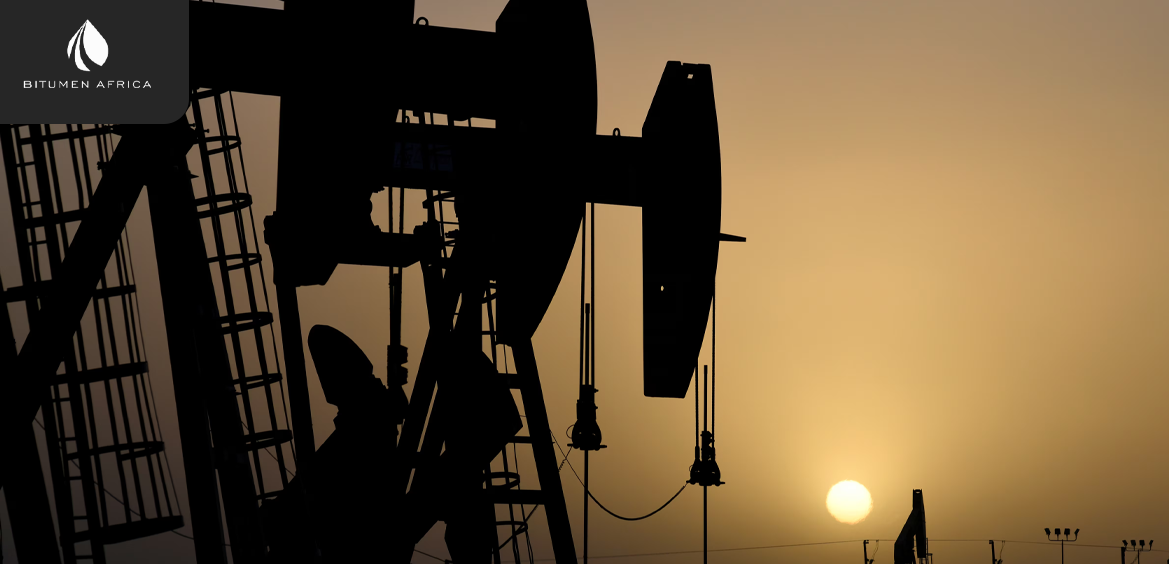Crude oil, often referred to as "black gold," has been the cornerstone of global economic development for over a century. From powering industries to fueling transportation, crude oil plays a pivotal role in shaping the modern world. Its significance extends far beyond the gas pump, influencing everything from geopolitics to technological advancements. In this blog post, we’ll explore why crude oil remains indispensable to the global economy and how its impact reverberates across industries and nations.
1. The Backbone of Energy Production
Crude oil is the primary source of energy for the world. It accounts for nearly one-third of global energy consumption, making it the most widely used energy resource. Refined into products like gasoline, diesel, and jet fuel, crude oil powers vehicles, airplanes, and ships, enabling the movement of goods and people on an unprecedented scale. Without it, global transportation networks would grind to a halt, disrupting trade and commerce.
Moreover, crude oil is a key feedstock for electricity generation in many parts of the world. While renewable energy sources like solar and wind are growing, oil remains a critical component of the energy mix, especially in developing nations where infrastructure for alternative energy is still evolving.
2. Driving Industrial Growth
Crude oil is not just about energy; it’s also a fundamental raw material for countless industries. The petrochemical sector relies heavily on crude oil to produce plastics, synthetic rubber, fertilizers, and chemicals that are essential for manufacturing. From smartphones to medical devices, many of the products we use daily are derived from petroleum-based materials.
Industries such as agriculture, construction, and pharmaceuticals depend on crude oil derivatives to operate efficiently. For example, fertilizers made from petroleum byproducts are crucial for boosting agricultural productivity, ensuring food security for billions of people.
3. Economic Growth and Employment
The crude oil industry is a major driver of economic growth, contributing significantly to the GDP of oil-producing nations. Countries like Saudi Arabia, Russia, and the United States rely heavily on oil revenues to fund public services, infrastructure projects, and social programs. For many of these nations, oil exports are the primary source of foreign exchange earnings.
Beyond oil-producing countries, the industry generates millions of jobs worldwide. From exploration and drilling to refining and distribution, the oil sector supports a vast network of workers, including engineers, technicians, and logistics professionals. Indirectly, it also fuels employment in related industries such as automotive, aviation, and manufacturing.
4. Geopolitical Influence
Crude oil is not just an economic asset; it’s also a geopolitical tool. Control over oil reserves has historically been a source of power and influence on the global stage. Nations with abundant oil resources often wield significant political clout, shaping international relations and trade agreements.
However, this dependence on oil can also lead to volatility. Fluctuations in oil prices, driven by factors like supply disruptions, geopolitical tensions, or changes in demand, can have far-reaching consequences. For instance, rising oil prices can lead to higher inflation, while falling prices can strain the economies of oil-exporting nations.
5. Challenges and the Transition to a Sustainable Future
While crude oil has been a driving force behind economic progress, its environmental impact cannot be ignored. The burning of fossil fuels is a major contributor to greenhouse gas emissions, climate change, and air pollution. As the world grapples with these challenges, there is a growing push toward renewable energy and sustainable practices.
The transition to a low-carbon economy is underway, with investments in electric vehicles, renewable energy, and energy efficiency gaining momentum. However, this shift will take time, and crude oil will remain a critical part of the global energy landscape for decades to come. Balancing economic growth with environmental sustainability is one of the defining challenges of our time.
Conclusion
Crude oil is undeniably the lifeblood of the modern economy, powering industries, enabling transportation, and driving economic growth. Its impact is felt in every corner of the globe, from the gas stations we visit to the products we use daily. However, as the world moves toward a more sustainable future, the role of crude oil will inevitably evolve.
The challenge lies in managing this transition responsibly, ensuring energy security while minimizing environmental harm. As we look ahead, innovation and collaboration will be key to unlocking new solutions that reduce our reliance on fossil fuels without compromising economic progress. Crude oil may have fueled the past, but the future will be shaped by our ability to adapt and embrace cleaner, more sustainable alternatives.
What are your thoughts on the role of crude oil in the global economy? Do you think renewable energy can fully replace fossil fuels in the near future? Share your thoughts in the comments below!

